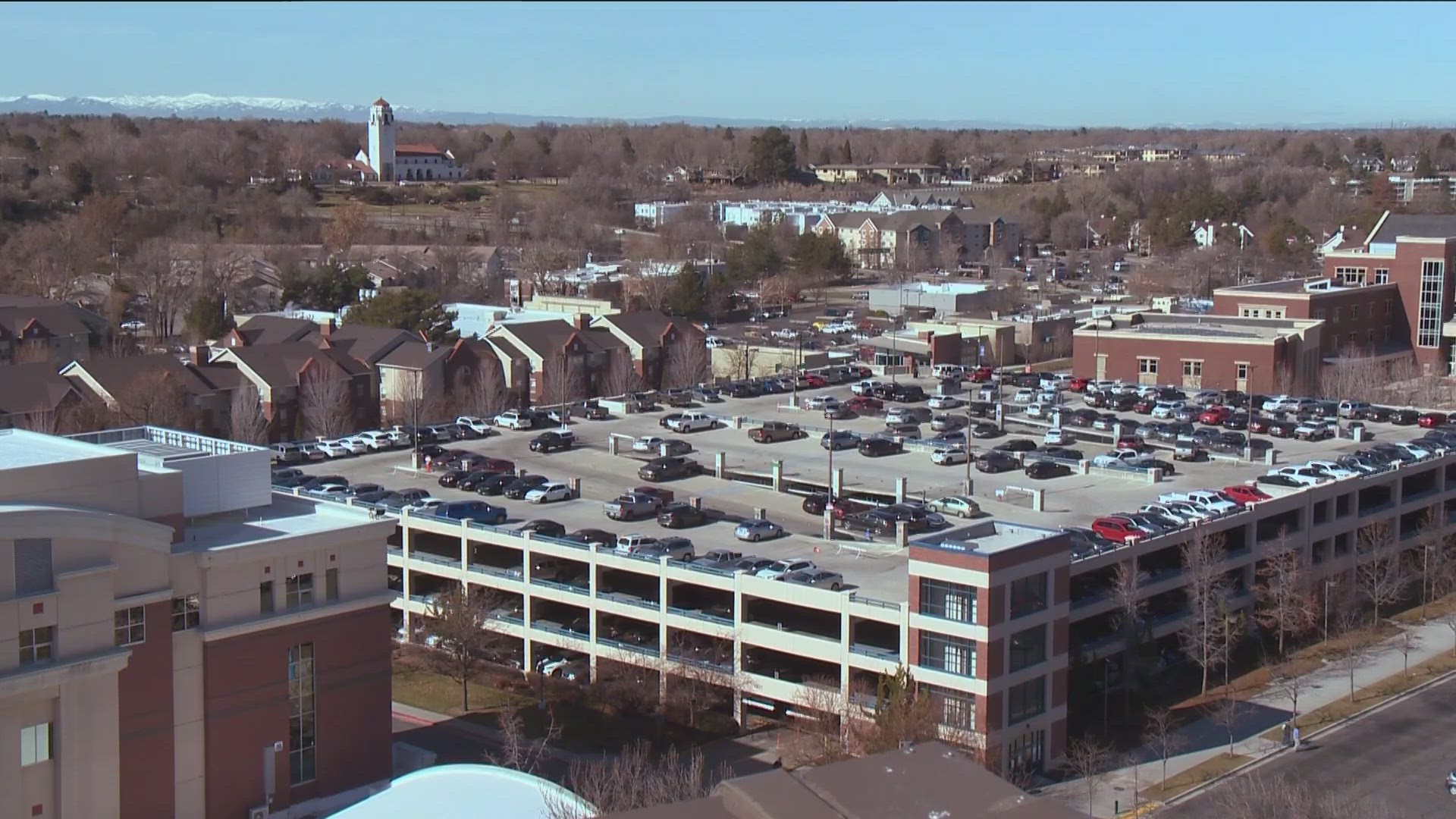BOISE, Idaho — After years of drafts and public input, the City of Boise is close to wrapping up its rewrite of the zoning code. The zoning code helps determine what new buildings will be built and how they will look.
A couple weeks ago, we saw some of the big criticisms of the current rewrite draft from the organization Reject Boise Upzone. We also heard from the city, defending the draft. Now, we’re hearing from a local architect on the positives and negatives he sees with the current draft.
Gregg Ostrow is an architect who's been living and working in the Boise area for decades. He's seen a lot of changes in that time. Now, he's seeing a lot of potential changes to the city's code in the last draft, called the adoption draft, of the city's zoning code rewrite.
"The concept behind the rewrite is good, OK. Moving into a more modern zoning code is good," Ostrow said.
He has gotten down into the weeds of this 611 page document (click here to see if for yourself). Overall, he said, he likes it. But he also has some issues with recent changes to this adoption draft.
"It appears that the code is being rushed. I hate to say that because I don't think you make changes that big at the last hour and really have a good understanding of what the impacts of those changes are."
He said that even though the city has spent three years rewriting the code and getting public input.
One of Ostrow's issues with the draft deals with neighbor notification. Right now, developers must let neighbors know about all projects. In this proposed code, that's not necessarily the case. Ostrow says he'd hate to see that go, because he believes better developments are created through collaboration.
"It has helped create some great projects, because it's had communication," Ostrow said.
The three themes of the proposed code rewrite are density, diversity, and affordability. Density means creating more homes that take up less room, like apartments and duplexes. The idea is to increase supply, stop sprawling into the hills and desert, and hopefully increase affordability.
"I honestly don't think density creates affordability. I don't think it's that simple of a parallel," Ostrow said. "I think some density is the answer, and I think diversity is very important. I don't think you're going to stop sprawl."
Housing diversity means more of all types of homes, traditional single-family homes to apartments. All those could still be built with the proposed code. City leaders just see a market that's very short on apartments and things like duplexes, so the code rewards the development of more homes like that.
Ostrow said those incentives for density and diversity are fantastic, but "somehow, it would be nice to see people more rewarded for keeping their home."
He believes the current draft promotes, a little too much, replacing older homes in traditional neighborhoods with large developments.
"So just to give you an idea of what that means, on my 60-by-120 property in the East End, prior to the adoption draft, I could demo my house and construct two 2000 square foot unit duplexes, two stories each. With the latest draft, I can now demo my house and construct two 4500 square foot units, three stories and 40 feet tall. Yeah, I can't see that as affordable."
And there's that word again — “affordable.” Whatever combination of density or diversity we see, the goal for everyone in this community seems to be getting to where everyone can afford a place to live.
"This thing is not bad,” Ostrow said. “And it's very easy, in my mind, it's very easy to fix."
The draft will be heard by the Planning and Zoning Commission in public hearings starting April 24, and the city expects those to last about four days.
This article is part of an ongoing "Growing Idaho" series by "Wake Up Idaho" co-anchor Justin Corr, focusing on issues of transportation and housing in southwest Idaho.
Watch more 'Growing Idaho':
See the latest growth and development news in our YouTube playlist:
Download the KTVB mobile app to get breaking news, weather and important stories at your fingertips.

